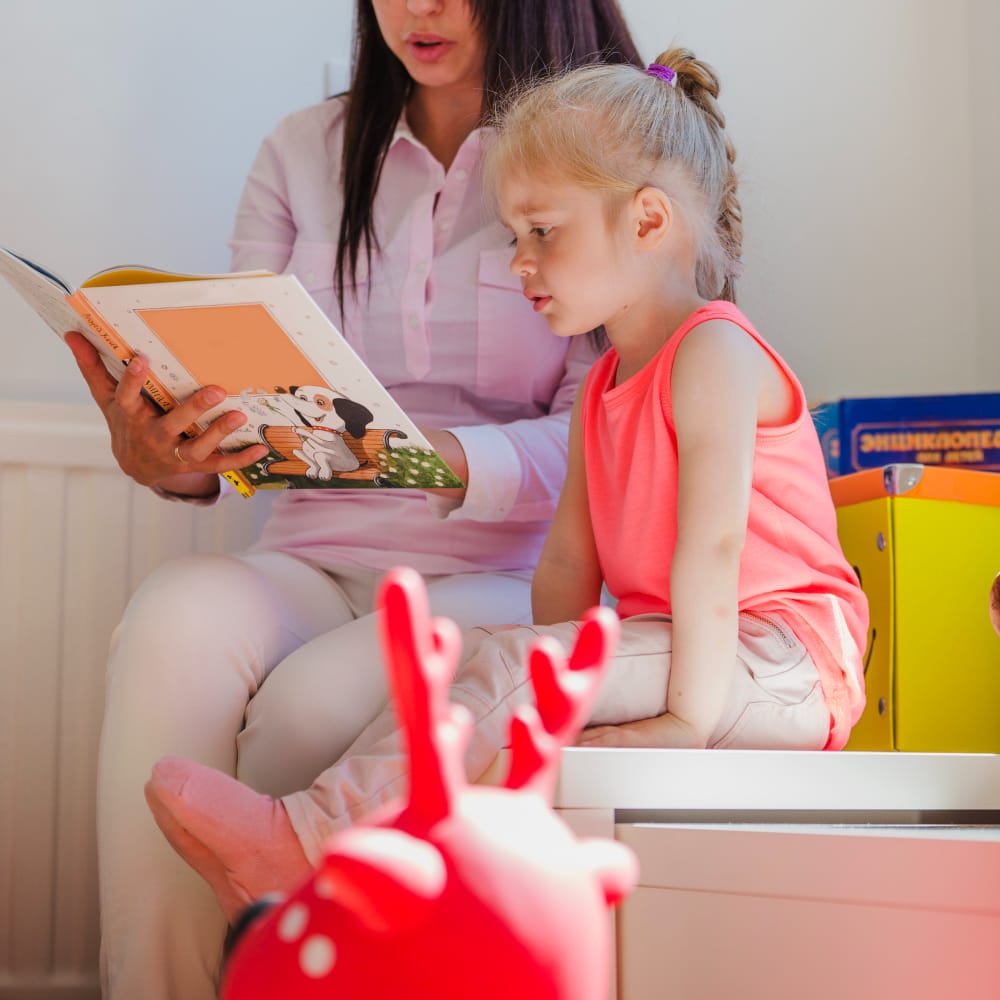Co-sleeping is a topic that comes up frequently in discussions about parenting, and it’s one that many parents find confusing. What’s the right thing to do? The truth is, there isn’t a one-size-fits-all answer. The most important thing is that both you and your baby get enough sleep. Whether you choose to co-sleep or have your baby sleep in a separate room, the best choice is the one that helps you rest well and feel refreshed. After all, when you’re well-rested, you can be the best parent you can be the next day.
The Importance of Parental Sleep
The number one rule when it comes to co-sleeping is ensuring that you, as a parent, get enough sleep. If you find that you sleep best with your baby next to you, then co-sleeping might be the best option for you. On the other hand, if you rest better when your baby is in a separate space, then that might be the way to go. The key is to find a sleeping arrangement that allows you to get the sleep you need, so you can function at your best and take good care of your baby.
Cultural Perspectives on Co-Sleeping
It’s also worth considering how different cultures approach co-sleeping. In many Western societies, there’s a tendency to move babies out of the parents’ bed relatively early. In contrast, in many Asian cultures, it’s common for children to sleep with their parents until they are around eight years old. These cultural differences highlight that there is no universally correct approach to co-sleeping; it’s about finding what works best for your family.
The Science of Baby Sleep
Some of the prevailing ideas about babies sleeping better without their parents come from early observations. Researchers noticed that babies who were separated from their mothers after birth tended to sleep quietly and soundly. This quietness was initially interpreted as a sign that the babies were more comfortable or slept better when alone. However, further studies revealed something important: when the cortisol levels of these babies were checked, they were found to be very high.
Cortisol is a hormone that is associated with stress. The elevated cortisol levels indicated that, although the babies appeared to be sleeping soundly, they were actually quite stressed. This finding is essential in understanding baby behavior. As a helpless baby, if you are close to your mother and there’s a perceived threat, you can cry out, knowing she will respond. However, if the mother is far away, the baby may go into a ‘freeze’ mode, remaining quiet and still, which can be mistaken for calm sleep but is actually a stress response.
Understanding Stress in Babies
The takeaway here is that babies who are left to sleep on their own from a very early age might appear calm and quiet but could actually be experiencing higher levels of stress. This doesn’t mean co-sleeping is the only solution, but it does suggest that the presence of a parent can provide comfort and reduce stress for the baby.
Finding What Works for Your Family
Ultimately, the decision to co-sleep or not should be based on what works best for you and your baby. If co-sleeping feels right and helps you both get the rest you need, then it can be a great choice. If you find that having your baby in a separate space works better, that’s perfectly fine too. The most important thing is that everyone in the family gets enough rest to stay healthy and happy.
Co-sleeping is just one aspect of parenting, and like many other parenting decisions, there isn’t a single right answer. By considering your own needs, your baby’s needs, and the cultural and scientific perspectives on co-sleeping, you can make an informed decision that works for your family. Trust yourself, trust your baby, and do what feels best for you both.
Watch a helpful video on this topic below:




